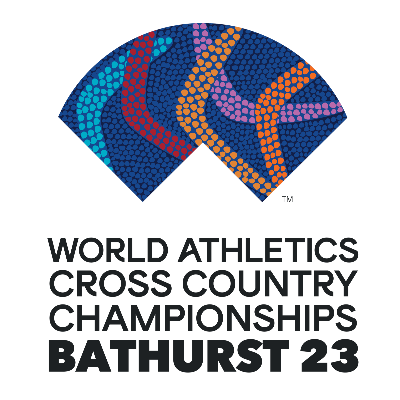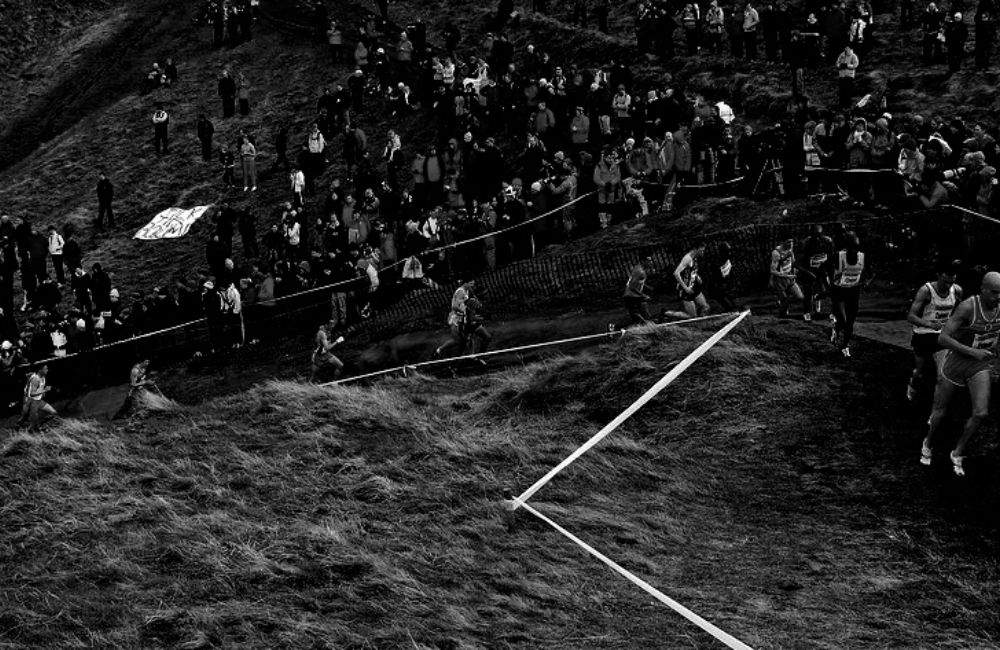
Part 3 of 10 – Written by Len Johnson
Who’s our first?
But, suddenly, a new contender has emerged.
A classic Seinfeld punchline which, because it is from an episode which references the New York marathon, is relevant here.
In the episode in question – The Apartment – the scene is a marathon-day party where Jerry and George are debating which of them is the bigger idiot. The apartment overlooks the course. Jerry has already disparaged the marathon with the line: “What’s to see? A woman from Norway, a guy from Kenya and 20,000 losers.”
Their respective qualifications for idiocy need not concern us here, but George concludes his case for primacy with the claim: “I am Costanza, Lord of the idiots.”
At this point the race is going past. A female guest runs to the open window and cries out to the runners below: “You’re all winners.”
A stunned pause is broken by George: “But, suddenly, a new contender has emerged.”
Please indulge my diversion, but that’s starting to resemble the case of Australia’s first ‘world’ cross-country runner.
Undoubted it is that Australia’s first official representation at an IAAF world cross-country was in Rabat in 1975. A little while back I related how I had learned this running at Chris Wardlaw’s shoulder on The Tan in Melbourne (Chris was in the team).
Then, I discovered that Australia had sent a team to the women’s international cross-country in the USA in 1970, some five years earlier than Morocco. The International Cross-Country championship was the forerunner to the IAAF world championships. The transformation was imminent, the first IAAF event taking place in 1973. The ICCU had taken a long time to include women; the IAAF race featured men’s and women’s championships from its beginning.
That meant that Raie Thomson and Adrienne Beames, Australia’s two representatives in the 1970 ICCU women’s race, had a legitimate claim to being our first ‘world’ cross-country representatives. Case settled, or so it would seem.
Then, a new contender emerged. Not suddenly, but through the assiduous research of English statistician and journalist Bob Phillips.
An Australian, it turned out, had run in an earlier ICCU championship. Not only run in it, but been part of the winning team. Not only part of the team, but elected captain by his teammates a few hours before the race.
The man was Alfred William Clemes, a Tasmanian attending Oxford University on a Rhodes Scholarship. Clemes ran in the 1911 ICCU championship, which was contested at Caerleon Racecourse in Wales, finishing eighth and leading England to victory over Ireland, Scotland, France and Wales.
The individual champion that year was Jean Bouin of France, who went on to take a silver medal in the 5000 metres at the Stockholm 1912 Olympic Games and to set world records at 3000 and 10,000 metres.
Clemes came to the fore at cross-country by winning the annual Intervarsity match against Cambridge in 1908, the first victory by an Oxford runner in seven years and the first Oxford team victory in six. He was second the following year and won again in 1910.
Clemes also joined the Uxbridge Harriers and finished eighth for them in the 1911 English national at Taplow. This earned him a place in the English team for the international race. He was the first Oxford or Cambridge runner to compete. He finished as the sixth, and final, team scorer.
Under a heading “Fine Running by Frenchman”, the Glasgow Herald reported that the race was run in “splendid,” but “very dry” conditions with light snow falling as the teams faced the starter. Bouin took control on a downhill section of the first of two laps and went on to a comfortable win.
“The English team ran magnificently and won easily,” the Herald correspondent wrote. “Bouin also ran magnificently, and received an ovation at the close.”
All very sporting then.
An even earlier contender for first Australian ‘world’ cross-country runner would be Stan Rowley, who not only finished third in the 60, 100 and 200 metres at the second modern Olympic Games in Paris in 1900, but was also a member of the winning British team in the cross-country event.
Australia’s official Olympic historian, the late Harry Gordon, wrote that it was “curious enough that an Australian should be allowed to compete for Britain,” then adds, “but these were strange Games.”
Rowley was persuaded “by English friends” to run for the cross-country team, which was one man short (officialdom was clearly a sandwich short of a picnic, too!).
And it just got curiouser and curiouser. The only other team was France, and as the first four British runners were first, second, sixth and seventh, it was clear Britain could not be beaten.
The officials may have been short of a picnic, but it seems they were determined not to compound matters by missing out on post-competition drinks. Rowley was clearly not taking things too seriously – “I could run, walk, roll or do anything I liked as long as I finished,” he wrote in a letter home.
Wisely, the officials drew an end to proceedings. “They allowed me to stop, seeing I could only get last place.”
Few would argue that Stan Rowley be seriously considered Australia’s first world cross-country representative – Rowley certainly wouldn’t judging from the tone of his letter.
Clemes is a much more interesting case, even if the ICCU race at that stage was basically a championship between the British Home Countries, with the occasional addition of France.
Ultimately, though, both should be ruled out on the same grounds: they may have been Australians competing in a ‘world’ event, but they were not representing Australia.


















I believe that Mussolini made the trains run in time by defining ‘on time’ to make that true. Can we determine who was the first Australian to run in a World Cross Country Championship by defining that concept to be what someone writing histories may want it to be?